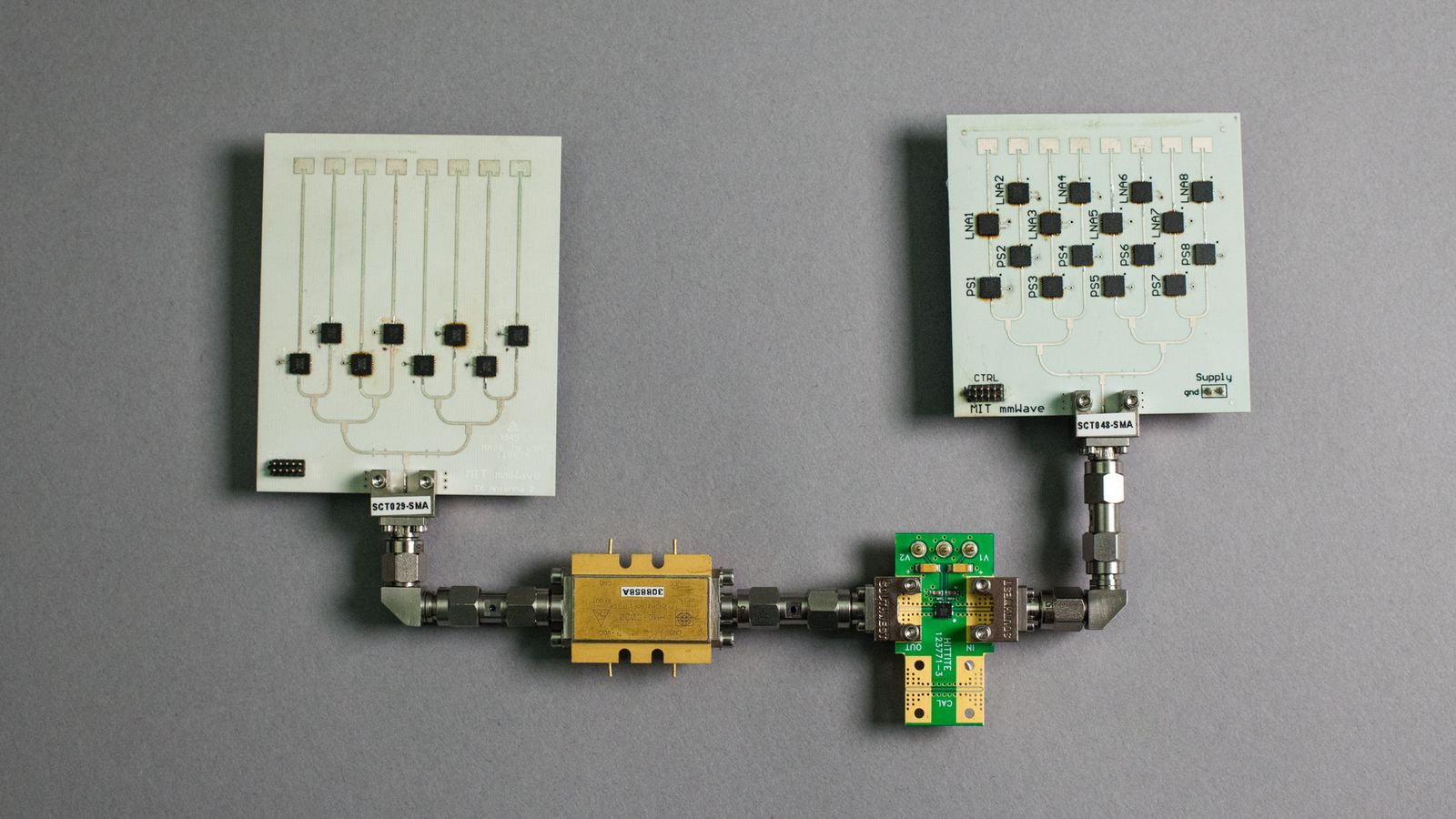If you want to use one of today’s major VR headsets, whether the Oculus Rift, the HTC Vive, or the PS VR, you have to accept the fact that there will be an illusion-shattering cable that tethers you to the small supercomputer that’s powering your virtual world.
But researchers from MIT’s Computer Science and Artificial Intelligence Laboratory (CSAIL) may have a solution in MoVr, a wireless virtual reality system. Instead of using Wi-Fi or Bluetooth to transmit data, the research team’s MoVR system uses high-frequency millimeter wave radio to stream data from a computer to a headset wirelessly at dramatically faster speeds than traditional technology.
There have been a variety of approaches to solving this problem already. Smartphone-based headsets such as Google’s Daydream View and Samsung’s Gear VR allow for untethered VR by simply offloading the computational work directly to a phone inside the headset. Or the entire idea of VR backpacks, which allow for a more mobile VR experience by building a computer that’s more easily carried. But there are still a lot of limitations to either of these solutions.
